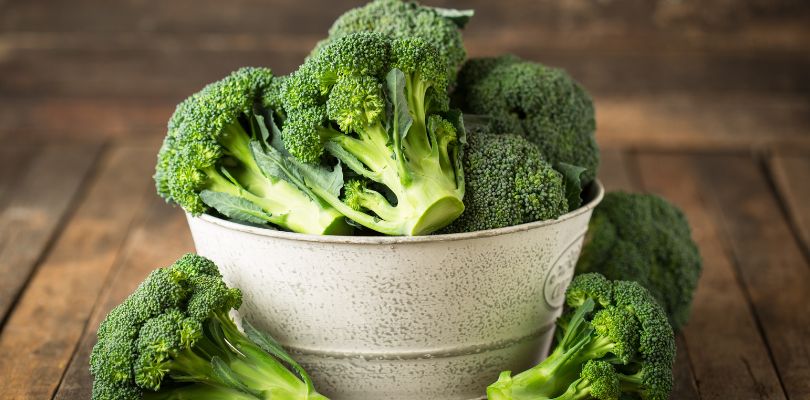Dietary Considerations
Hemophilia is a condition where the blood doesn’t clot properly. This means people with hemophilia can bleed easily and have trouble stopping bleeding. Eating the right foods is important to help manage this condition. To help, there's Factor VIII replacement therapy, which involves using a medication made from synthetic or donated Factor VIII to treat people with hemophilia A.
Worst Foods for Hemophilia
1. Foods High in Vitamin K
Foods like kale, spinach and broccoli are rich in vitamin K. Vitamin K helps with blood clotting, which might seem good, but for people with hemophilia, it can interfere with their treatment. It’s best to limit these foods or talk to your doctor about how much you can safely eat.
2. Fatty Foods
Fatty foods, such as fried items, butter and fatty meats, can lead to weight gain and other health problems. Extra weight can put more strain on your body and make it harder to manage hemophilia. Choose healthier, low-fat options instead.
3. Processed Foods
Processed foods like chips, cookies and fast food are often high in salt, sugar and unhealthy fats. These can cause inflammation and make it harder to manage your overall health, which can be a concern for people with hemophilia.
4. Alcohol
Drinking alcohol can make it harder for blood to clot properly. It can also interfere with medications used to treat hemophilia. It’s best to avoid alcohol to help keep your blood clotting as it should.
5. Sugary Foods
Foods high in sugar, such as candy, soda and sweets, can lead to weight gain and poor health. Maintaining a healthy weight is important for managing hemophilia, so it’s better to limit sugary snacks and drinks.
6. Spicy Foods
Spicy foods can irritate your stomach and may cause bleeding or discomfort. For people with hemophilia, it’s wise to avoid very spicy foods to prevent any potential issues.
7. Highly Caffeinated Drinks
Drinks like strong coffee or energy drinks can be dehydrating. Staying hydrated is important for everyone, especially for people with hemophilia. It’s better to choose water or herbal teas.
8. Foods with High Sodium
High-sodium foods, like canned soups and salty snacks, can increase blood pressure and strain your heart. Keeping your blood pressure in check is important for managing hemophilia, so try to eat less sodium.
Treatments for Hemophilia
Treating hemophilia involves managing bleeding and preventing problems. Here are some common treatments:
- Factor replacement therapy: This involves receiving injections of clotting factor proteins to help your blood clot properly. This is the main treatment for hemophilia.
- Desmopressin (DDAVP): This medication helps the body release more clotting factors and is often used for milder forms of hemophilia.
- Antifibrinolytics: These drugs help prevent blood clots from breaking down too quickly, which can help control bleeding.
- Gene therapy: This is a newer treatment that aims to correct the gene responsible for hemophilia, potentially reducing the need for regular treatments.
- Lifestyle adjustments: Avoiding activities that can cause bleeding and following a healthy diet can also help manage the condition.
Food Foes
It’s important to work with your healthcare team to find the best treatment plan for you. Eating a balanced diet and avoiding certain foods can support your overall health and help manage hemophilia.
Read on to learn about the worst foods for eczema.
